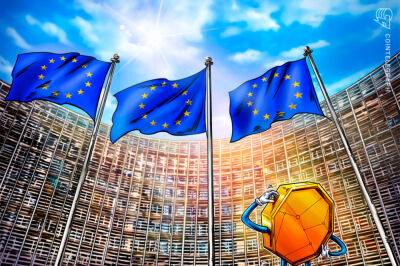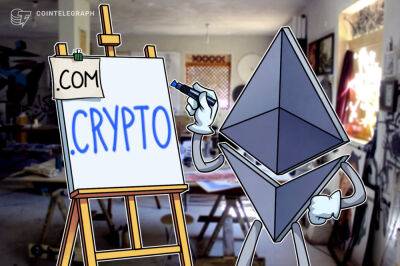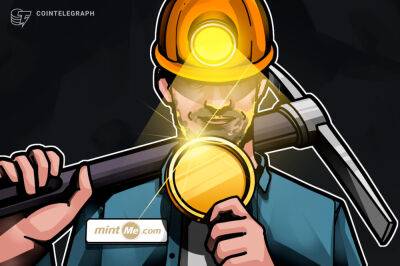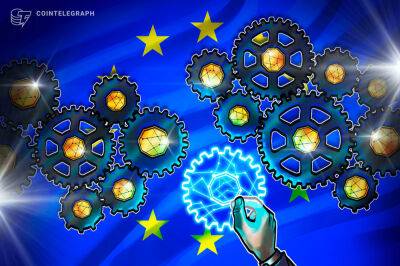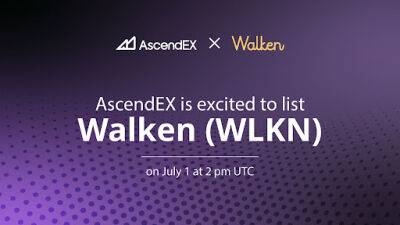How blockchain can open up energy markets: EU DLT expert explains
Aside from the buzzing neologism of Web3, there is a bit less catchy but hardly less important concept of Industry 4.0, which includes the new and revolutionary drivers of the next generation’s industrial landscape. And, especially when it comes to the energy sector, blockchain lies at the heart of these technologies.
The authors of a recently published EUBlockchain Observatory report “Blockchain Applications in the Energy Sector” are convinced that distributed ledger technology (DLT) could become a key enabler technology and has a very high potential to influence or even disrupt the energy sector. This comes as a no surprise, given the five D’s of the Digital Green Shift: deregulation, decarbonization, decentralization, digitization and democratization.
The report highlights the major directions for blockchain in the sector and supplements them with the actual case studies and insights from energy market stakeholders such as Volkswagen, Elia Group, Energy Web Foundation and others.
Cointelegraph spoke to one of the report’s co-authors, commercial director of Europe, the Middle East and Africa (EMEA) region at Energy Web and a member of EU Blockchain Observatory and Forum, Ioannis Vlachos.
Vlachos elaborated on the most intriguing parts and concepts of the document, such as the granularity criterium, the importance of self-sovereign identity and the possible role of DLT in developing the non-electric energy sources consumption.
Cointelegraph: The report notes that, to this day, no blockchain/DLT solution has been widely adopted by energy system stakeholders. Why do you think this is? Could you try to answer it?
Ioannis Vlachos: The main barrier to the wide adoption of blockchain solutions by the energy system stakeholders
Read more on cointelegraph.com

 cointelegraph.com
cointelegraph.com
